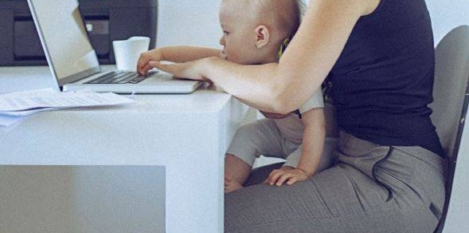May 23, 2016
Many EU workers clinging to their fax machines and desktops, claims report 0
 If you think the way people work is probably not quite as glossily portrayed in the media, then you’d probably be right. A lot more European workers than is commonly supposed still believe that fax machines are essential business tools, according to a new report from unified communications business Fuze. In a study of the working habits of 5,000 EU employees, it found that the fax machine is considered ‘essential’ by 30 percent of workers in the UK, 39 percent in Germany and 42 percent in France. The report also found that many also think that desktop computers are still more important in their day-to-day working lives that laptops, tablets or smartphones. Anybody horrified by the report’s findings will be heartened by its claim that the machines will die off in time as a new generation of people who don’t know what the hell a fax machine is supplant those who still cling to their battered, old, paper-based devices.
If you think the way people work is probably not quite as glossily portrayed in the media, then you’d probably be right. A lot more European workers than is commonly supposed still believe that fax machines are essential business tools, according to a new report from unified communications business Fuze. In a study of the working habits of 5,000 EU employees, it found that the fax machine is considered ‘essential’ by 30 percent of workers in the UK, 39 percent in Germany and 42 percent in France. The report also found that many also think that desktop computers are still more important in their day-to-day working lives that laptops, tablets or smartphones. Anybody horrified by the report’s findings will be heartened by its claim that the machines will die off in time as a new generation of people who don’t know what the hell a fax machine is supplant those who still cling to their battered, old, paper-based devices.

































September 2, 2015
We need to do more than pay lip service to workplace wellbeing 0
by Ann Clarke • Case studies, Comment, Wellbeing, Workplace design
(more…)